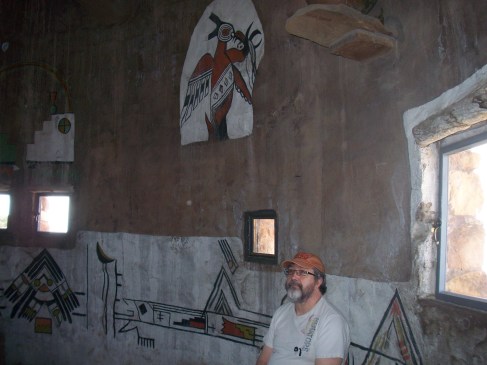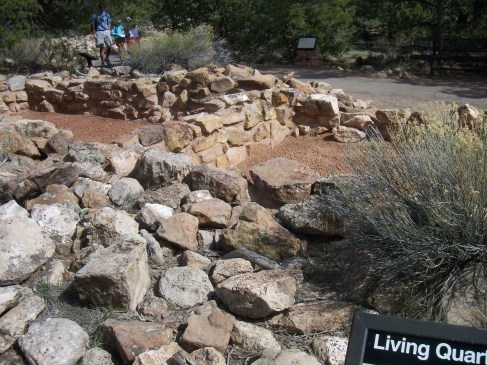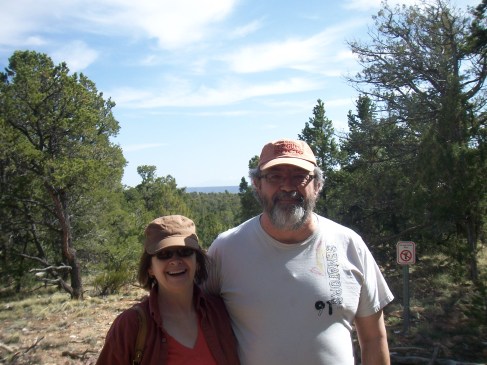Larry Spears suggested servant-leadership “begins with the natural feeling that one wants to serve, to serve first. Then conscious choice brings one to aspire to lead.” This aspiration to lead is based on an awareness of the leader’s feelings and an awareness of the environmental needs, including those of the people that are being served and led. This understanding leads to mindfulness which is essential to the work of the servant-leader.
Harvard psychologist, Ronald Siegel, proposed mindfulness provides skills to help “recognize our feelings and choose whether or not to act on them. This helps us to respond to others skillfully.” The definition of servant-leadership intersects with the skill set of mindfulness. We are aware of our feelings and through careful observation can recognize that needs also exist outside us. This understanding guides the servant-leader to be conscious of the choices made and be aware when he engages in non-choices.
Bob Stahl and Elisha Goldstein offered a definition of mindfulness: “the practice of cultivating nonjudgmental awareness in day-to-day life.” Awareness is a characteristic of the servant-leader. You might ask, “Am I walking my talk?” The servant-leader makes himself aware if he is simply downloading those things he does not want to do; the mundane, the risky, the confrontational. He recognizes his moral position has a direct bearing on the morale of those he serves and leads.
The servant-leader is a deep listener, a vigilant observer. Listening is a full sensory and heart-felt experience suspending judgement. Appreciative inquiry opens spaces for others to speak and feel heard. Trust is built and a path of non-violence is found in these moments. Mindfulness creates safe, trusting, and inviolate environments where questions of the servant-leader are gentle, humble, nurturing, and safe. The leader is attentive to others while listening and while speaking. Vico suggested prudent and wise questions be posed for the sense of the community to be revealed. Common sense is the wisdom of the community revealed through deep listening and vigilant observation.
Quiet spaces for personal reflection are set aside. We listen to ourselves or, as Parker Palmer suggested, we allow the soul or the inner teacher to come out and play in quiet, nonjudgmental spaces. There it find its voice, speaks softly, and reveals wisdom. Richard Rohr proposed discernment is led through the questions we ask ourselves. What questions are we asking in meditative, prayerful, or contemplative times? No matter the name we choose, these are quiet, spacious moments of solitude to seek guidance by quieting our internal judge and cynic. The answers to the questions are often there waiting to be revealed, to guide us when we listen carefully and willingly.
Jack Kornfield proposed “mindfulness is attention.” Respectfully tending to our voice and all voices signals compassion. Compassion or empathy emerges from deep listening. The servant-leader is not cast in the role of problem solver or expert. What if we only asked questions and truly sought to understand by listening first? The great teachers of history learned by listening to the responses of others. The root of responsibility is response. What do others know that makes them responsive and responsible?
Parker Palmer and Thomas Merton spoke of the importance of wholeness in the lives of those we come in contact with. Both wrote of the foundational importance of healing broken spirits with deep listening and reflection led by great questions. If we broke the spirit of another person, an animal, or a community, what could we do to heal and make them whole? As people, and communities as living organisms of people, discover what gives life meaning and calls them to vocation, they become whole and healed, able to serve and lead.
David Rome and Hope Martin suggested the best ways to begin “shifting our patterns of communication [is] with our listening. … Good listening means open-minded, genuinely interested attention to others and allowing yourself the time and space to fully absorb what they say. … Good listening encourages others to feel heard and to speak more openly and honestly.” Mindfully listening empowers the voices of those served and is a powerful form of persuasion. It is a signal of compassion and that the servant-leader is aware of and recognizes worth in others to truly lend a hand. Being the expert problem solver excludes common sense revealed from an open-minded, genuinely interested stance, while attending to others allows time and space to respond, not simply react.
Conceptualization in mindfulness is the beginner’s mind. Thomas Merton and other Christian writers and thinkers have referred to it frequently so it is not only a Buddhist concept. The beginner’s mind sees many possibilities; whereas the expert mind is restricted to one possibility. Harvard psychologist, Ellen Langer, defined mindfulness as “noticing something new” but we close our minds in the pursuit of stability that we recognize as an illusion. Langer has researched mindfulness extensively as the opposite of mindlessness or automaticity which is a cognitive, not spiritual, construct. The beginner’s mind should remind the leader of Einstein’s quote that insanity is solving our problems with the same thinking that created those very problems. The servant-leader remains open to the possibilities others offer through their thinking to help solve problems of the organization.
The beginner’s mind provides foresight to learn from the past, from the realities of the moment, and anticipate potential consequences. Living in the moment and being fully present opens the heart and mind of the servant-leader. Trusting the community to share the burden allows common sense to emerge. The servant leader listens deeply and mindfully while asking questions to appreciate the individual and collective wisdom.
The ‘good shepherd’ tends his flock carefully, devotedly, and mindfully provides refuge and nourishment for each member to grow and the flock to flourish. Metaphorically, the pasture provides safe haven for individual and collective voices to emerge signalling the meaning of the group. The purpose of the group and its very being is in trust, shepherded forward to benefit ensuing generations. We inherit the world from our children; therefore we are its stewards and servants as we lead from the future. What world would we want to leave for our children?
To be stewards and servants for the benefit of those who trust us is heady and demands the fullest possible awareness to the commitment undertaken. The servant-leader nurtures the growth of each individual and the community, allowing gifts to be revealed and, in turn, others to become servant-leaders. I coached hockey for years and when parents would complain about a team’s performance, I would gently point out I was committed to their grandchildren. Their sons and daughters were the next generation of coaches. Being mindfully aware of my commitment allowed me to better serve that commitment, the individuals, and the team.
The servant-leader is aware community is changing and understands community as a value. The servant-leader is aware of a shift from local community to large institutions to global networks as primary and interwoven shapers of human lives. This awareness calls the servant-leader to search for and identify the means to build, sustain, and refresh community and in the company of others maintain community as a value. Mike Seymour explained that companion and community were breaking of bread with others. Breaking bread has gone viral and this suggests the servant-leader is attentive to and mindful of the common purposes shared within a community or between communities.
Greenleaf proposed the best test of the servant-leader is to ask, “Do those served grow as people? Do they, while being served, become healthier, wiser, freer, more autonomous, more likely themselves to become servants? What is the effect on the least privileged in society? Will they benefit or at least not be further deprived?”
When I consider the best test questions, I am inclined to wonder, “What will be the role of mindfulness in the service of the leadership construct known as servant-leadership?”









